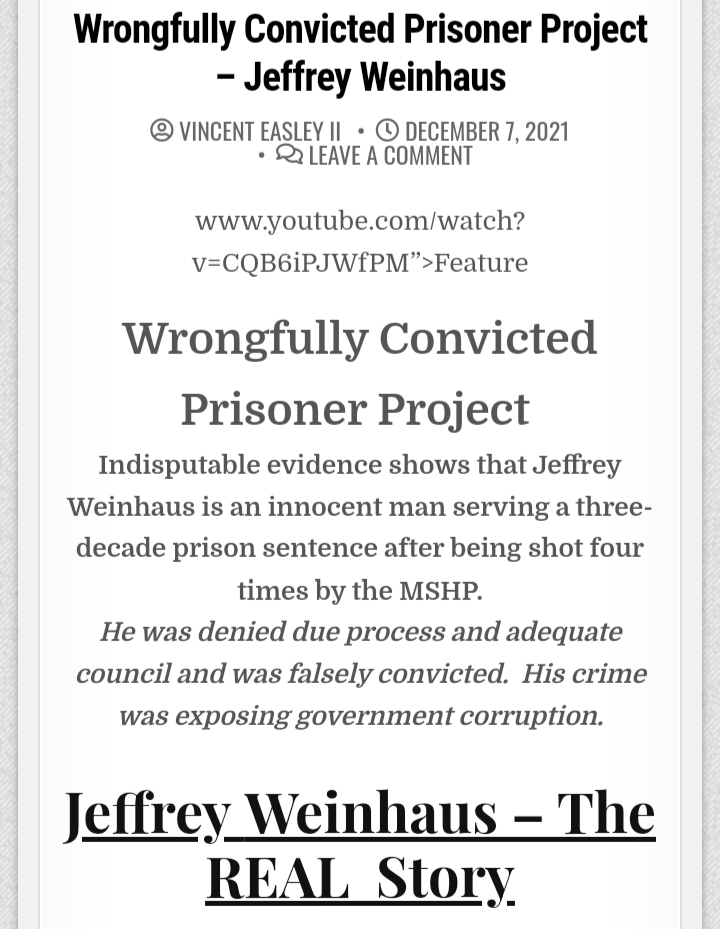Missouri’s ‘Bulletinman’ asks for freedom. His case is no conspiracy theory.
At the meet-up, part of which Weinhaus recorded on a watch camera, Folsom shot Weinhaus multiple times in the head, neck and chest. The trooper claimed Weinhaus reached for a gun from a covered holster on his waist.
BONNE TERRE, Mo. — The story of what happened to Jeffrey Weinhaus after he went to prison reads like the sort of conspiracy the Jefferson County man used to write about in his Bulletin Magazine.

Two decades ago, Weinhaus was well-known in the rural areas southwest of St. Louis for his printed rants against government officials, judges, lawyers and reporters. He called himself “Bulletinman.” He published his sometimes rambling and occasionally profane rants — interspersed with talk about Jesus — online, in a printed product and, later, on YouTube.
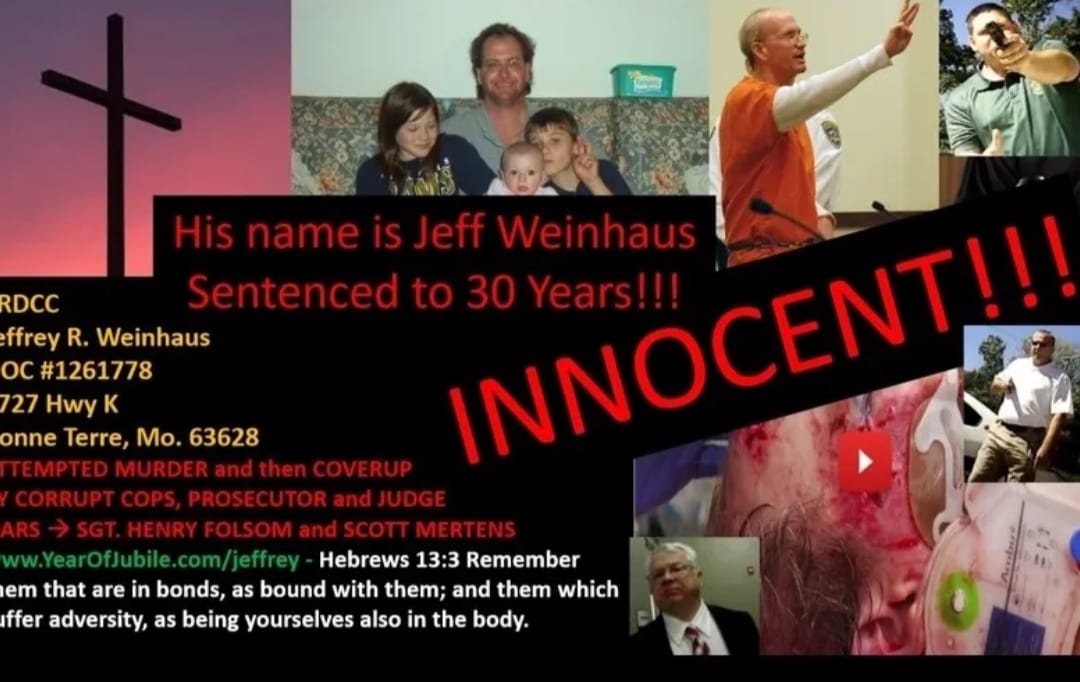
To some, he was a citizen journalist. To others, he was a conspiracy theorist. In many ways, he was a man before his time, holding court on YouTube before “going viral” entered the American lexicon. Once, after he got kicked off the Dollar General parking lot in Bourbon, where he alleged a community development corporation was guilty of real estate fraud, he rented a helicopter to film the store from the sky.
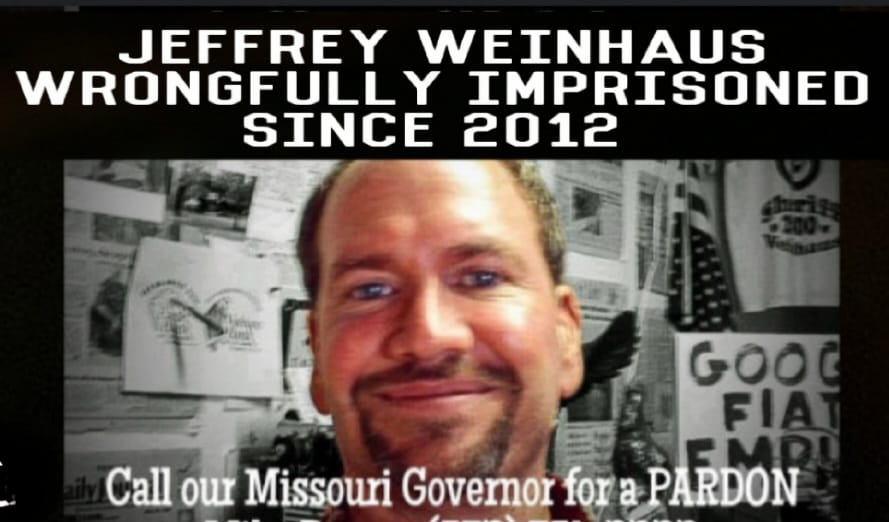
“The world as I see it,” the top of his YouTube page proclaims. “Jesus is coming, and you are being lied to.”
The page has mostly been dormant since 2012. That was the year one of his rants almost got him killed. In August of that year, Weinhaus posted a video that said he had the right to “blast” certain public officials and that they were “going down one way or another.”
A Missouri State Highway Patrol trooper, Henry Folsom, paid Weinhaus a visit. He later obtained a search warrant and confiscated Folsom’s computer equipment, a small amount of marijuana and a couple of pain pills.
On Sept. 11, 2012, Folsom arranged to meet Weinhaus at a gas station, where he planned to arrest Bulletinman. Weinhaus thought he was meeting the state trooper to get his computer equipment back.
At the meet-up, part of which Weinhaus recorded on a watch camera, Folsom shot Weinhaus multiple times in the head, neck and chest. The trooper claimed Weinhaus reached for a gun from a covered holster on his waist. Weinhaus claimed he never reached for the gun. Two witnesses at the gas station agreed with Weinhaus. He was still convicted in Franklin County of assaulting a police officer and armed criminal action and sentenced to 30 years in prison.
That’s where he is today, at the Eastern Reception & Diagnostic Correctional Center in Bonne Terre, not far from where he used to live. But now, Weinhaus has hope that he won’t spend the rest of his life there. Last month, a University of Missouri-Kansas City law professor, Sean O’Brien, and Kansas City attorney Nick Hergott filed a petition in the Missouri Supreme Court seeking Weinhaus’ freedom.
Why?

The state trooper who shot Weinhaus was harboring a secret.
A year after Weinhaus was sent to prison, Folsom was fired from his job. It turns out Folsom had taken medication for post-traumatic stress disorder since 2000 and had kept that information from the highway patrol. His supervisors discovered Folsom’s secret after a mandatory drug test after the Weinhaus shooting.
Unbeknownst to Weinhaus or his attorneys, Folsom was found unfit for duty, in part because his PTSD caused him to have “distorted perceptions” and experience “false signals of being under threat,” according to court records.
Folsom filed a lawsuit over his firing but lost. And the Missouri Court of Appeals ruled against him in 2019.
A Missouri public defender who had worked on Weinhaus’ appeals, which were exhausted by that point, noticed the Folsom appeal ruling and recognized his name.
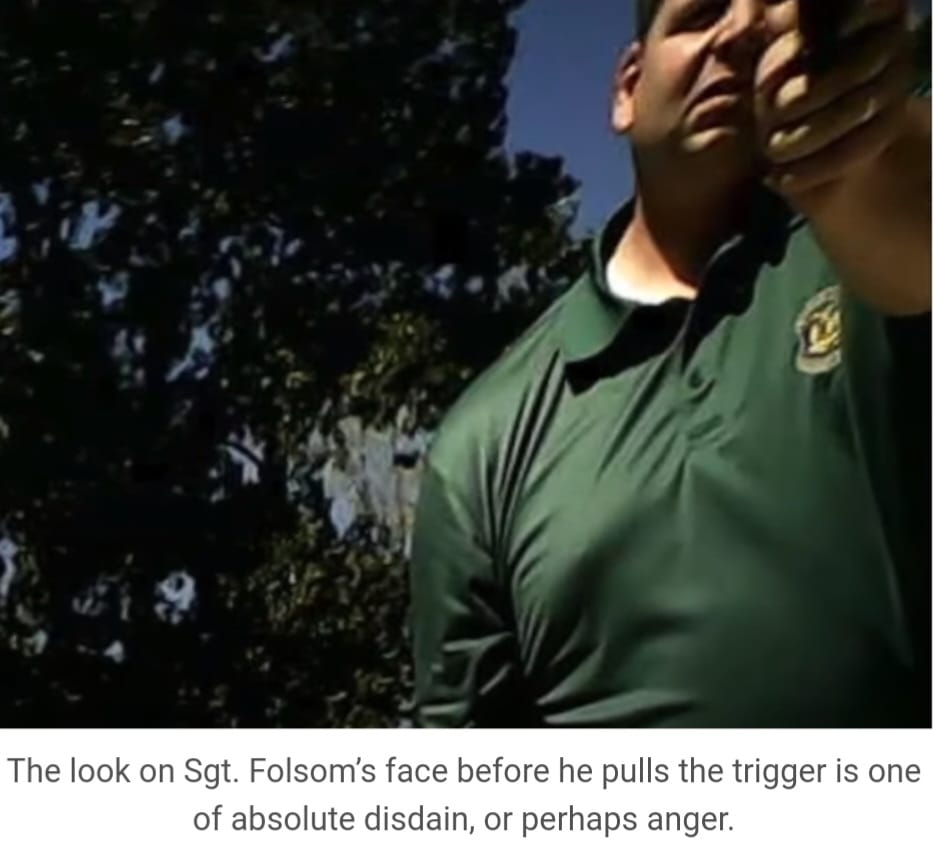
No information about Folsom’s PTSD was made available to Weinhaus’ attorneys before his trial. Neither was the fact that Folsom had been under investigation for misconduct before the Weinhaus shooting. Those details likely never would have made it into the public domain if Folsom had not sued over his firing.
Mr. Weinhaus’ incarceration is fundamentally unjust because the State failed to disclose critical and favorable evidence that undermined the proceedings,” his attorneys argue in the petition for his release.The petition also notes that Folsom was the lead investigator in a wrongful conviction case. Donald “Doc” Nash in the summer of 2020 was released from the same prison where Weinhaus still resides. Nash spent 12 years in prison for a murder he didn’t commit. A special master in the case called his prosecution a “miscarriage” of justice that started with a probable cause statement full of errors. The statement was written by Folsom.Nash died of COVID-19 complications two years after he left prison. His family has filed a federal civil rights lawsuit against Folsom and other officials.

O’Brien, one of the nation’s top legal experts on innocence cases, hopes for a similar path to freedom for Weinhaus, who is now 58. The Missouri Supreme Court has yet to respond to the petition.
“Every time we talk to him, he tells us how many days he’s been confined,” O’Brien says of his client. “He’s smart. He’s very religious. He’s a conservative Christian. He saw himself on a mission to root out corruption in local government. He was really dedicated to that. He pursued that mission enthusiastically.”
The Bulletinman might be innocent after all. That’s not a conspiracy theory. It’s the world as I see it.
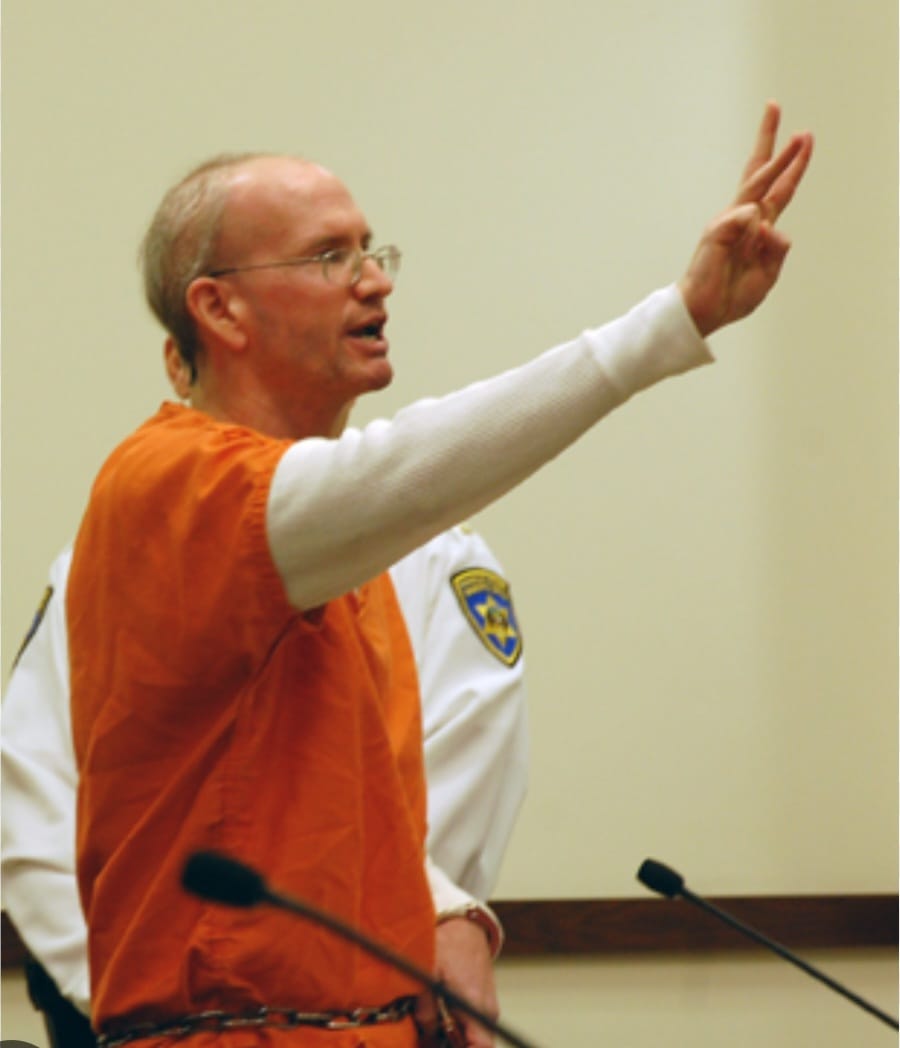
https://www.stltoday.com/news/local/column/tony-messenger/messenger-missouri-s-bulletinman-asks-for-freedom-his-case-is-no-conspiracy-theory/article_fd340bec-acfb-11ef-bc44-37ef3ac04164.html#tracking-source=home-top-story
